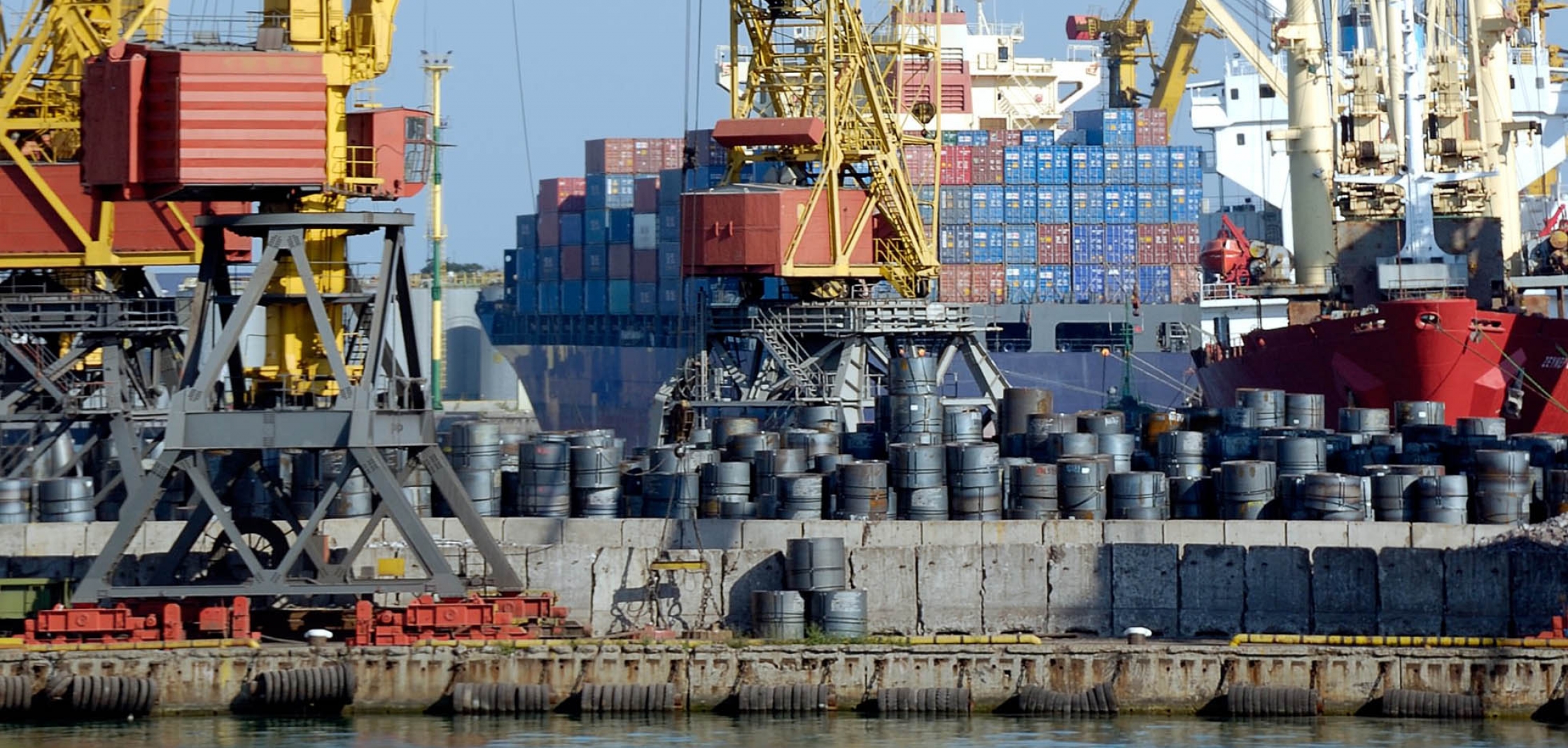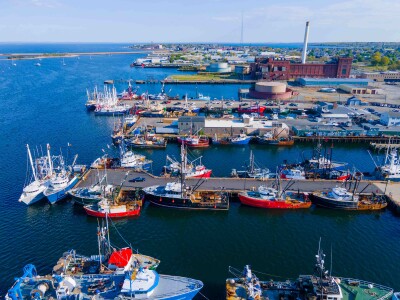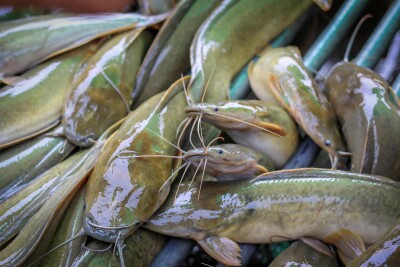The U.S. marine economy contributed about $373 billion to the nation’s gross national product in 2018 and showed faster growth during 2014 to 2018 than the overall national economy, according to a new statistical analysis by the Department of Commerce.
“These statistics are the first-of-its-kind estimate of the U.S. marine economy, a primary driver of jobs, innovation and economic growth,” said retired Navy Rear Adm. Tim Gallaudet, the assistant secretary of commerce for oceans and atmosphere and deputy NOAA administrator. “Data such as these provide a critical baseline to inform, track progress and accelerate America’s economic recovery.”
A team of experts from the National Oceanic and Atmospheric Administration and Bureau of Economic Analysis looked at 10 business sectors that work on the nation’s oceans, coasts and Great Lakes between the years 2014 and 2018.
They found that marine-related gross domestic product grew 5.8% from 2017 to 2018, faster than the 5.4% growth of the total U.S. gross domestic product as measured in current dollars. Businesses included in the report also supported 2.3 million jobs in 2018.
“The marine economy statistics clarify just how dependent America is on our waters,” said Nicole LeBoeuf, acting director of NOAA’s National Ocean Service, in announcing the report. “It is nearly impossible for most Americans to go a single day without eating, wearing or using products that come from or through our coastal communities.”
“For the first time, the United States has ocean data that can be compared with our official statistics on other U.S. industries and with the ocean economies of other nations,” said Mary Bohman, BEA’s acting director. “These prototype statistics offer a baseline for understanding the importance of the ocean economy, including recreation, seafood, transportation and ship building. Businesses, policymakers, and coastal communities can use these economic data as a compass as they chart the way forward.”
In a telephone press conference Tuesday, NOAA economist Kate Quigley said the analysts foresee several industry areas that will be making more money in the future, including offshore wind energy, autonomous marine vehicles, aquaculture and pharmaceuticals derived from the oceans.
“We see these industries are poised for growth,” said Quigley.
The effort utilized NOAA’s annual fisheries report, and counted direct impacts from commercial fishing, although not the indirect and “induced” economic impacts generated by those landings.
“One area that BEA has already begun developing is the measurement of ‘blue technology’ estimates,” the report adds. “Blue technology is broadly defined by NOAA as any item that is engaged in providing technology and services designed for use in the ocean environment including, but not limited to, electronic and mechanical technologies and software used in marine navigation, oceanographic data collection and scientific endeavors, and ship and boat building.”
The bureau plans in future reports to “show blue technology separately from nonblue technology and would highlight some of the innovations being developed for marine environments and their contributions to the overall ocean economy. BEA will work closely with NOAA to better define blue technology in the ocean economy as well as to refine the results of blue technology by ocean activities.”
The current report ranks sectors making the largest contributions to the nation’s gross domestic product:
• Tourism and recreation, including recreational fishing ($143 billion)
• National defense and public administration ($124 billion)
• Offshore minerals ($49 billion)
• Transportation and warehousing ($25 billion)
• Living resources, including commercial fishing and aquaculture ($13 billion)
• Ship and boat building ($9 billion)
• Power generation ($4 billion)
• Research and education ($3 billion)
• Construction ($2.5 billion)
• Professional and technical services ($31 million)







